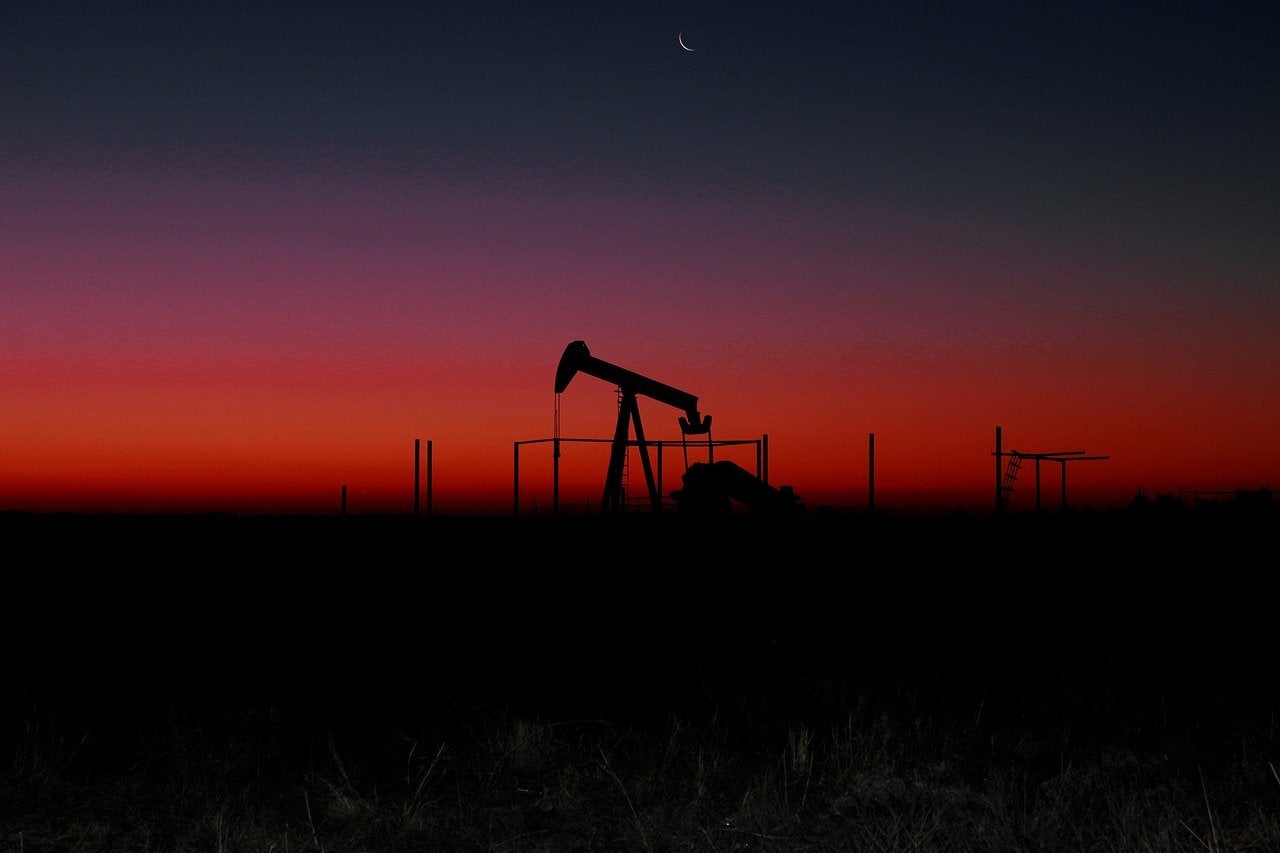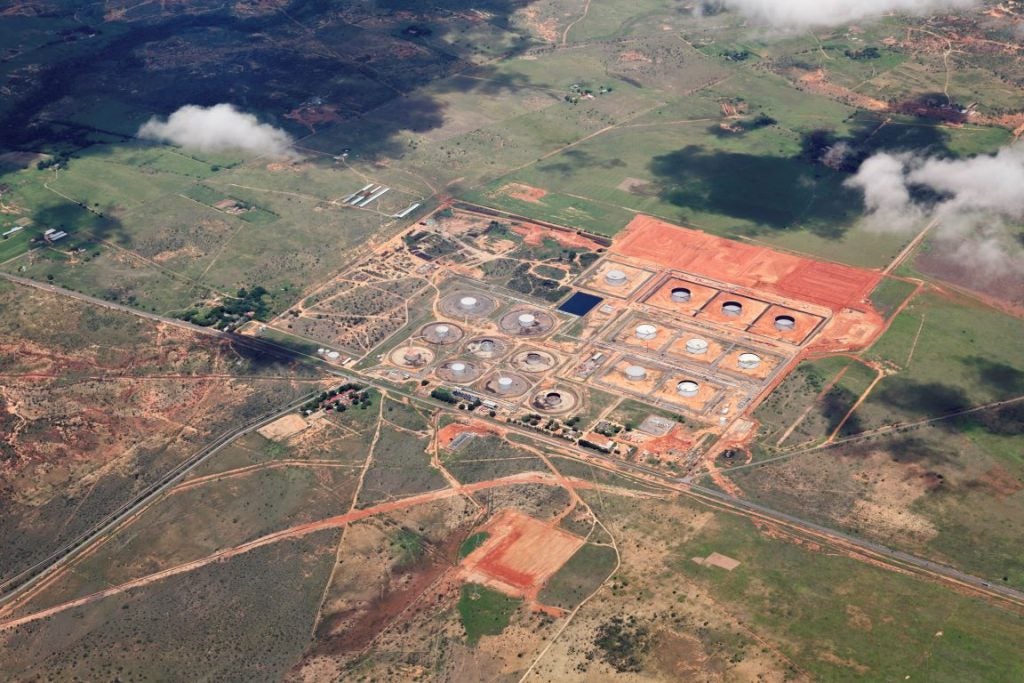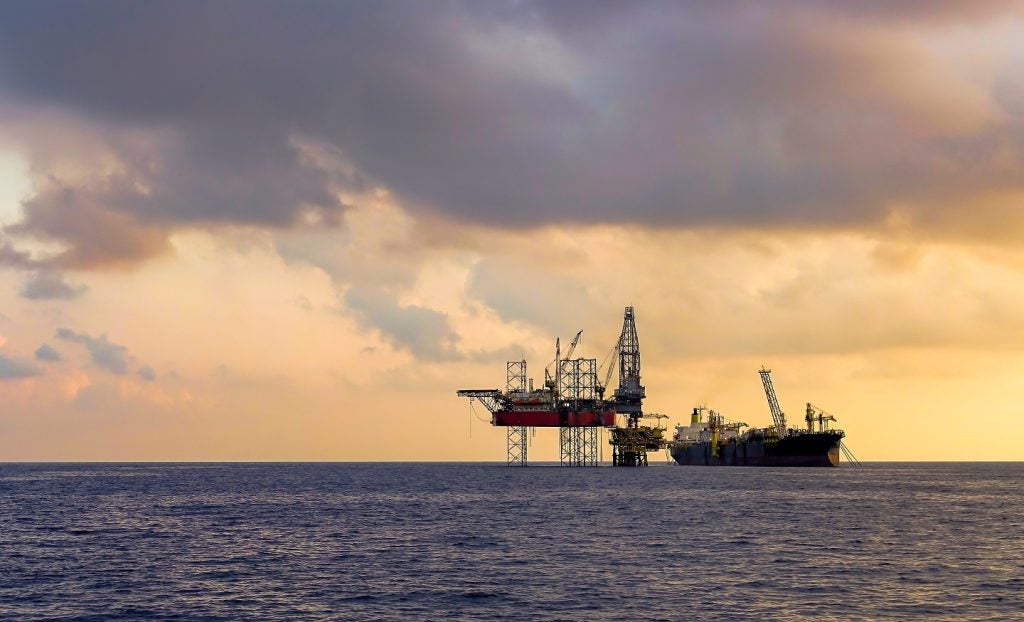
Oil prices have edged-up on expectations that OPEC+ Group will extend output cuts for at least three months to support prices.
Positive news on another ‘promising’ Covid-19 vaccine also contributed to prices after drug maker Moderna said its experimental coronavirus vaccine was almost 94.5% effective in preventing the coronavirus infection.
Brent crude futures rose by $0.18 to reach $44.00 a barrel, while US West Texas Intermediate (WTI) futures increased by $0.08 to $41.42, Reuters reported.
OANDA senior market analyst Jeffrey Halley was quoted by the news agency a stating: “Moderna’s vaccine announcement had probably its largest effect on oil out of the main asset classes.”
Jeffrey added that positive vaccine news has ‘almost certainly put a long-term floor under oil prices’.
Organization of the Petroleum Exporting Countries, and allies including Russia, together known as OPEC+, plans to postpone a planned January increase in oil output for at least three months.
How well do you really know your competitors?
Access the most comprehensive Company Profiles on the market, powered by GlobalData. Save hours of research. Gain competitive edge.

Thank you!
Your download email will arrive shortly
Not ready to buy yet? Download a free sample
We are confident about the unique quality of our Company Profiles. However, we want you to make the most beneficial decision for your business, so we offer a free sample that you can download by submitting the below form
By GlobalDataThis move by the group is to support oil prices as the second wave of the Covid-19 pandemic continues, sources told Reuters.
Axi global chief markets strategist Stephen Innes stated: “If we judge economic recovery, particularly through the lens of oil markets… with multiple high efficacy vaccines in the pipeline, there is good chance mobility will return close to pre-pandemic levels later in 2021.”
OPEC+ is currently cutting production by about 7.7Mbpd until December to support prices. The group intends to ramp up output by 2Mbpd from January next year.
The group is set to hold a ministerial committee meeting on 17 November, which could recommend changes to production quotas during the ministers meet on 30 November and 1 December.
Bernstein Energy analysts said: “Oil demand in China is exceeding pre-Covid-19 levels, which suggests oil demand is not permanently impaired.
“This is in line with mobility data and supports the view that oil demand has not been structurally damaged by changes in behaviour post-Covid-19 for countries which emerged successfully from Covid-19.”





